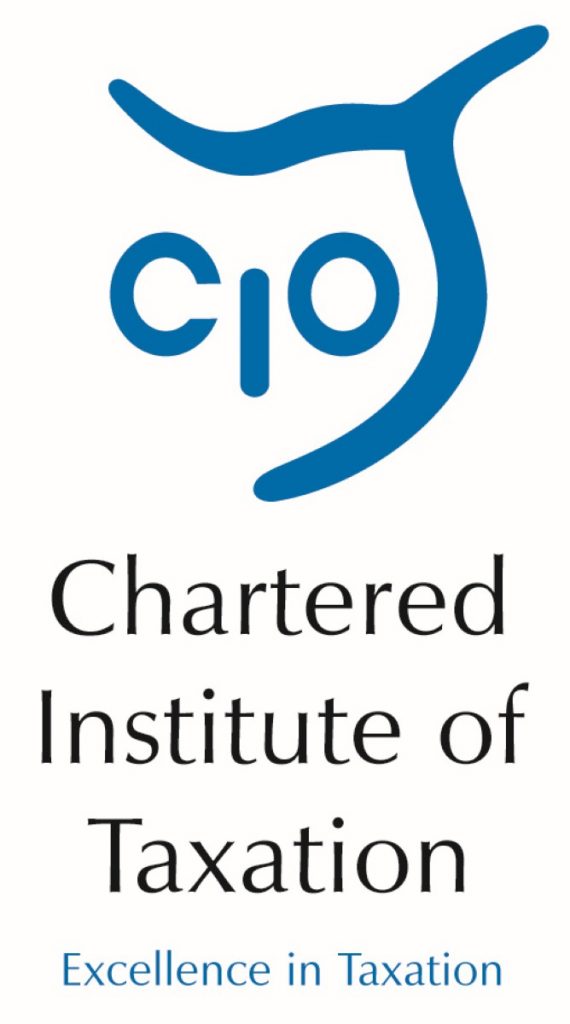The Chartered Institute of Taxation (CIOT) has urged the Government to act swiftly to turn the proposals in its new paper for a future customs relationship with the EU into agreed measures that will give businesses a long lead-in period before Brexit.
The Government said it will continue to discuss these proposals with stakeholders over the summer and aims to publish a Customs White Paper in advance of the Customs Bill in the autumn. It has held discussions with a range of businesses, including those with complex customs requirements and those who trade mainly with the EU.
The CIOT is keen for the Government to prioritise ensuring that UK and EU businesses can trade freely with one another under straightforward and succinct customs rules despite Brexit.
John Cullinane, CIOT’s Tax Policy Director, said:
“We welcome the publication of the customs paper and that government is addressing customs in the negotiation process. This focus on customs has come a little bit later than we hoped, but not too late to provide businesses and their advisers with some urgently needed steer.
“The discussion is now about minimising the level of additional friction that will apply to cut the cost of moving goods.
“It is encouraging that key business requirements are being listened to. The sooner we have clarity about the machinery that businesses and their advisers need to get used to, in order to manage customs after Brexit, the better – but this has to follow a political discussion which is not protracted.
“While political settlement can happen late in the day, businesses need far longer to implement changes to systems or supply chains and both sides need to arrive at a settlement as quickly as possible.“
Among the proposals in the Government’s paper is a streamlined customs arrangement between the UK and the EU. Another proposal is a new customs partnership with the EU by aligning the UK’s approach to the customs border in a way that removes the need for a UK-EU customs border. The paper also sets out new details on an interim period with the EU.
The CIOT has cautioned that a prolonged transition period may have a knock-on impact for those who hoped for tax reform as a result of Brexit.
John Cullinane said:
“A prolonged transition period allied to the scale of the task of designing and implementing a new customs duties system is likely to absorb a huge swathe of Treasury and HMRC resources. The risk is that people who hope Brexit is the perfect opportunity to implement their favourite tax reform could be disappointed because there is no spare resource to do it.”
Notes for editors
1. New customs proposals laid out by Government in new paper on future relationship with the EU – see here.
2. The Chartered Institute of Taxation (CIOT)
The CIOT is the leading professional body in the United Kingdom concerned solely with taxation. The CIOT is an educational charity, promoting education and study of the administration and practice of taxation. One of our key aims is to work for a better, more efficient, tax system for all affected by it – taxpayers, their advisers and the authorities. The CIOT’s work covers all aspects of taxation, including direct and indirect taxes and duties. Through our Low Incomes Tax Reform Group (LITRG), the CIOT has a particular focus on improving the tax system, including tax credits and benefits, for the unrepresented taxpayer.
The CIOT draws on our members’ experience in private practice, commerce and industry, government and academia to improve tax administration and propose and explain how tax policy objectives can most effectively be achieved. We also link to, and draw on, similar leading professional tax bodies in other countries. The CIOT’s comments and recommendations on tax issues are made in line with our charitable objectives: we are politically neutral in our work.
The CIOT’s 18,000 members have the practising title of ‘Chartered Tax Adviser’ and the designatory letters ‘CTA’, to represent the leading tax qualification.





-01.png)